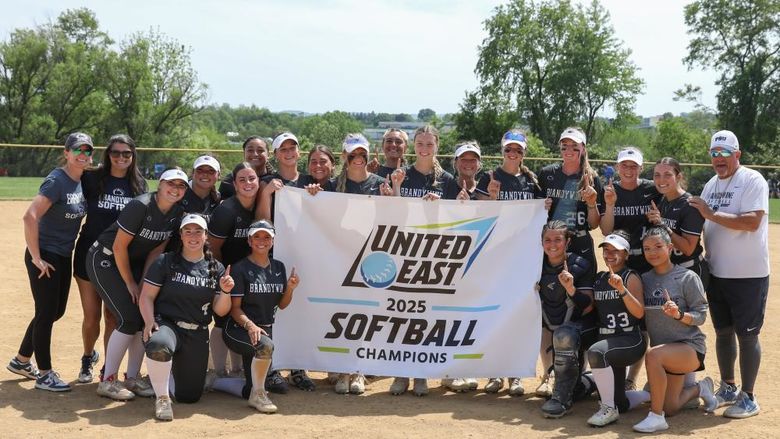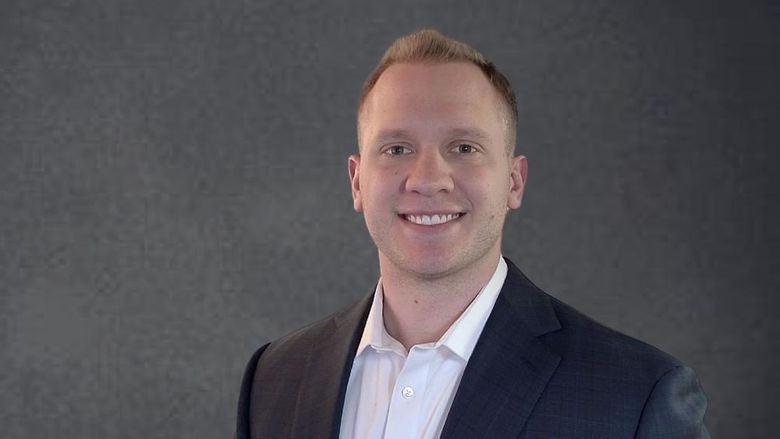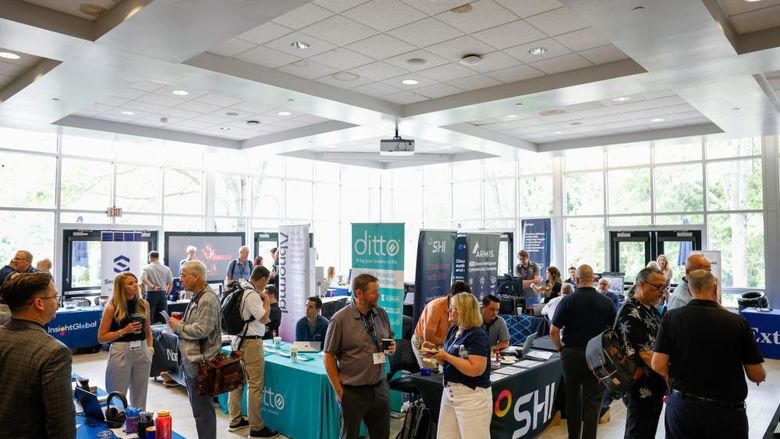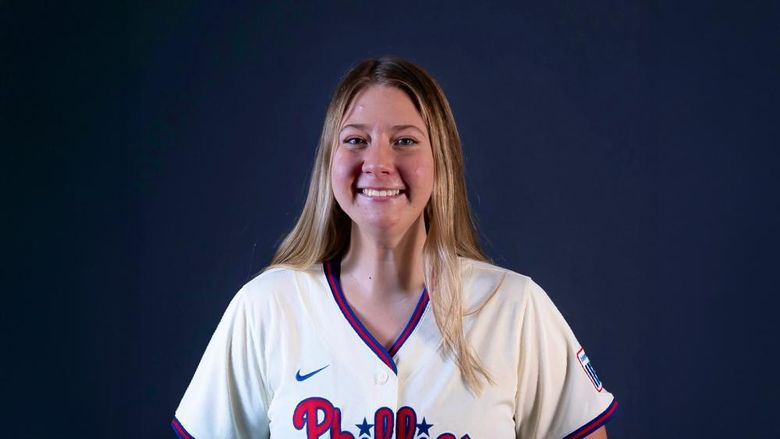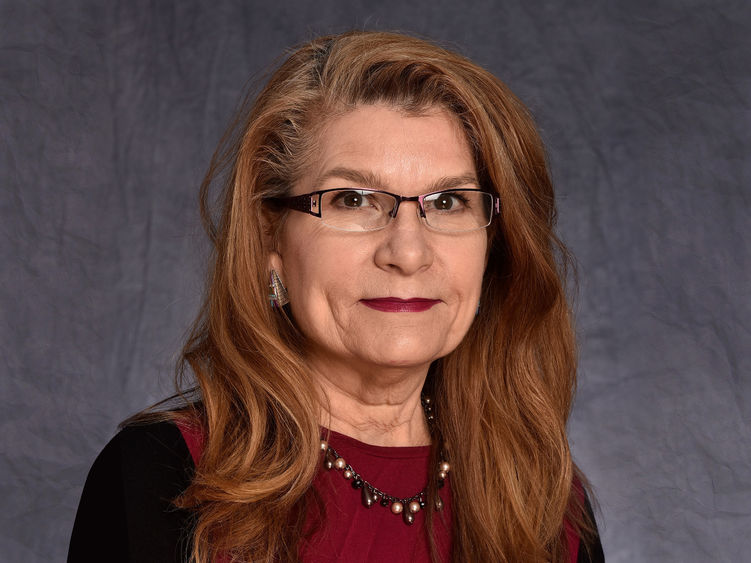
Penn State Brandywine Professor of Education Lynn Hartle
MEDIA, Pa. — Penn State Brandywine Professor of Education Lynn Hartle has used technology to give her students an international experience without leaving their home campus.
During the spring semester, Hartle collaborated with Luciana Cabrini Simões Calvo, professor of language teacher education at the State University of Maringá in Brazil, to provide virtual experiences for their students.
Virtual Exchange (VE) projects, in which groups of learners from different contexts interact and develop some shared tasks as part of their programs at a distance without the added benefit of physical travel, have gained importance in “internationalization at home” (IaH) practices that can be more comprehensive and inclusive of all students. In teacher education programs, VE projects are developed with the following purposes, according to an article published in the journal Language Learning and Technology: “to help the students develop digital, linguistic, and communicative skills; to work on students’ reflectivity and propensity for critical thinking, increased openness, and social inclusion; and to prepare prospective language teachers for facilitating their own VEs.”
“I was looking for ways to include more students in international experiences...Why not utilize Zoom and all the other technology skills students learned to cope with the pandemic?"—Lynn Hartle , Penn State Brandywine Professor of Education
But how did these professors meet and get started?
Calvo, as a function of her campus’ IaH initiatives, was searching for other connections and found Penn State’s Experiential Digital Global Engagement (EDGE) program. As part of Penn State Global, EDGE links a class at Penn State with one abroad to develop a shared VE course project. Hartle had previously met Tiffany MacQuarrie, professor in charge of EDGE, at a conference presentation, and that meeting led to her interest in the program.
Both Hartle and Calvo submitted interest forms on the EDGE website, and the two professors saw each other’s interests and then contacted MacQuarrie who arranged a virtual meeting to discuss potential cross-cultural collaborations. After a series of exchanges and through realized common goals, the VE project evolved.
“What amazing support the EDGE program and Tiffany provided to help us with our virtual cross-cultural collaborations,” Hartle said. “I was looking for ways to include more students in international experiences since our Brandywine Global Programs study abroad opportunities aren’t an option for all students, some of whom are limited by work schedules and finances. Why not utilize Zoom and all the other technology skills students learned to cope with the pandemic? VE is gaining popularity around the world with multiple opportunities for faculty in all disciplines to participate. I highly encourage faculty to visit the EDGE website and check it out.”
The virtual exchange of their two courses — Hartle’s Introduction to Teaching English Language Learners and Calvo’s English teacher course — was focused on second-language acquisition. Goals for the exchange were to support and investigate preservice teachers and faculty experiences in teacher development, intercultural communicative competence, language practices, local and global perspectives, and collaborative practices through information and communication technologies. With faculty guidance, from March to May 2022, preservice teachers engaged in joint activities, both asynchronously and synchronously.
Students used VoiceThread, a cloud-based application for sharing and discussing documents, presentations, videos and more, and created linguistic and cultural autobiographies to get to know each other. They also collaborated to study international and regional cultural norms for teaching and learning a second/foreign language.
Hartle and Calvo presented their processes and outcomes at two virtual international conferences this summer: the Second Congreso de la Red Latinoamericana — Collaborative Online International Learning in June, and Innovations in Internationalization at Home in July.
Investigating this experience enabled a better understanding of this practice and its potential for teacher education in the two different contexts, Hartle said, and shed light on aspects related to more inclusive practices of internationalization through virtual exchange activities.
